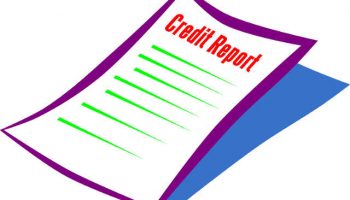Reduce your Debts
If you have a lot of debt, your credit score will suffer. Paying down your debts to a minimum will help elevate your credit score. For example, if you have a $1000 limit on your credit card and you regularly carry a balance of $900, you will be a less attractive credit risk to lenders than someone who has the same credit card but carries a smaller balance of $100 or so. If you are serious about improving your credit score, then start with the largest debt you have and start paying it down so that you are using a less large percentage of your credit total.
In general, try to make sure that you use no more than 50% of your credit. That means that if your credit card has a limit of $5000, make sure that you pay it down to at least $2500 and work at carrying no larger balance. If possible, reduce the debt even more. If you can pay off your credit card in full each month, that is even better. What counts here is what percentage of your total credit limit you are using – the lower the better.
Have a range of credit types
The types of credit you have are a factor in calculating your credit score. In general, lenders like to see that you are able to handle a range of credit types well.
Having some form of personal credit – such as credit cards – and some larger types of credit – such as a mortgage or auto loan – and paying them off regularly is better than having only one type of credit.





